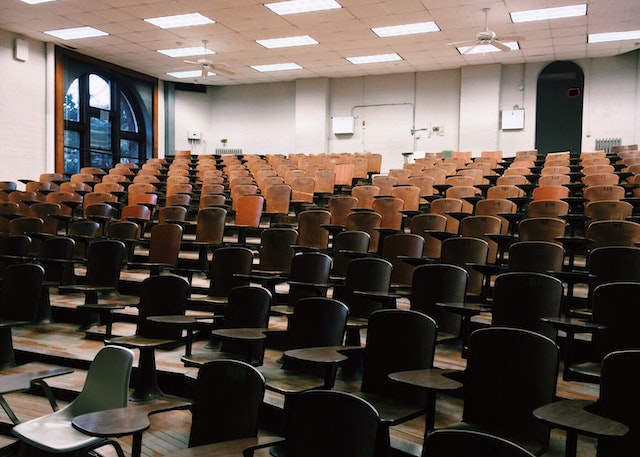
War, climate change and COVID-19 have generated a worldwide education crisis, with a projected 222 million children and adolescents who are not learning the basic skills and information they need to establish and prepare for their futures. In order to ensure that no kid is left behind, Canada is investing in quick-response and long-term initiatives that will provide children and teenagers with access to high-quality education in emergency and crisis circumstances.
The United Nations global fund for education in emergencies and protracted crises, Education Cannot Wait (ECW), has received a pledge from Canada of $87.5 million over four years (2023 to 2026), according to the Honourable Harjit S. Sajjan, Minister of International Development and Minister in charge of the Pacific Economic Development Agency of Canada.














